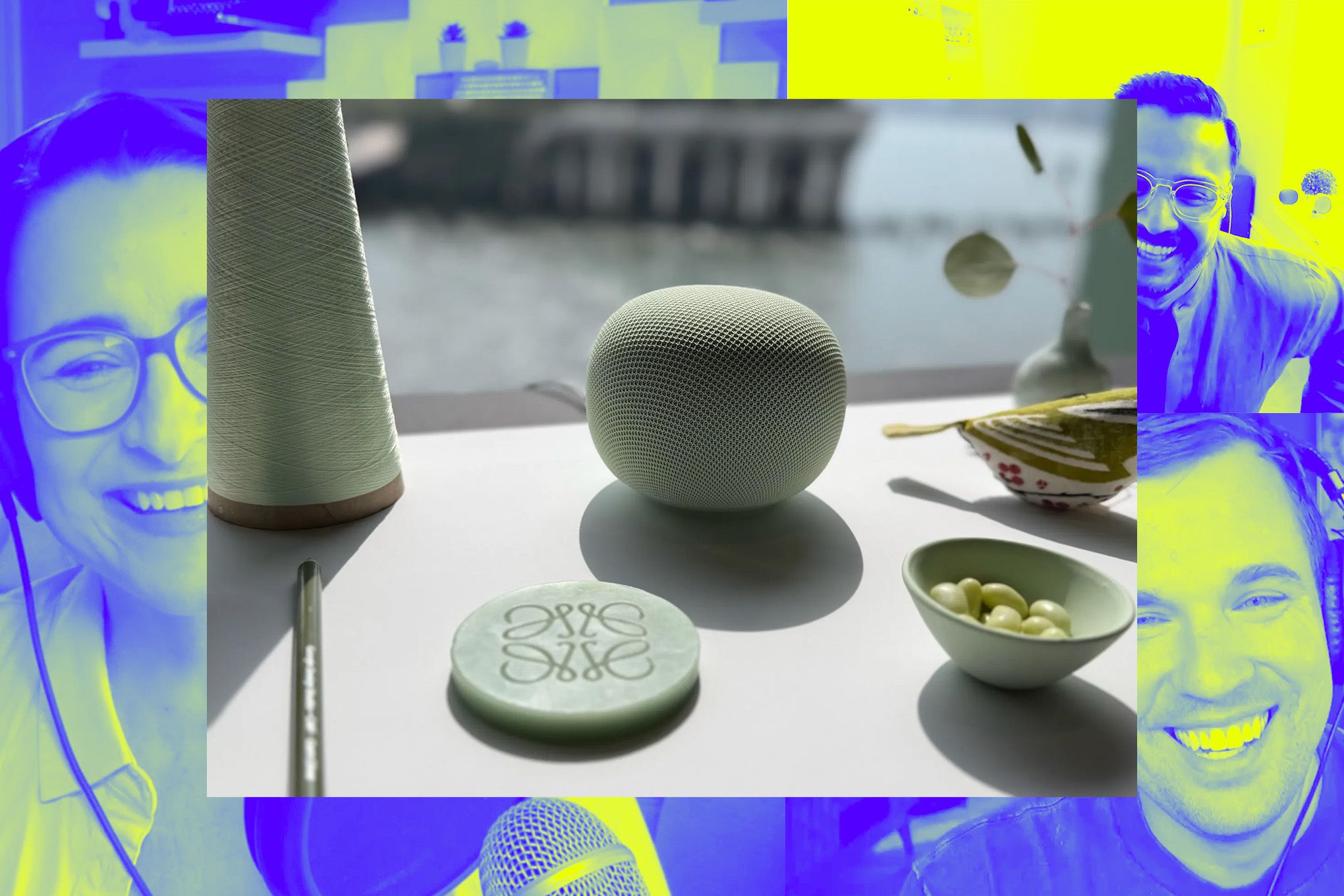Google is betting everything on Gemini AI to resurrect its smart home ambitions after years of product neglect. The company's head of smart home product Anish Kattukaran revealed in a Vergecast interview that AI is the missing piece to finally deliver the seamless connected home experience users have been waiting for.
Google just admitted what smart home users have suspected for years - the company's connected devices have been coasting while competitors like Amazon Alex and Apple HomeKit pulled ahead. But now Google's betting that Gemini AI can leapfrog the entire industry.
Anish Kattukaran, head of product for Google's smart home division, made the company's most candid assessment yet of where things stand during a recent Vergecast interview. "We've been in maintenance mode while building the next generation," Kattukaran acknowledged, referring to Google Home and Nest products that have felt stagnant compared to the rapid evolution happening elsewhere.
The turnaround strategy centers entirely on Gemini's multimodal capabilities. Unlike current voice assistants that struggle with context and nuance, Gemini can process visual, audio, and text inputs simultaneously. Kattukaran envisions users pointing their phone at a cluttered kitchen counter and asking "clean this up" - with the AI understanding both the visual mess and the implied automation needed.
"Current smart homes require you to speak like a robot to a robot," Kattukaran explained. "Gemini changes that completely. You can have natural conversations about complex scenarios involving multiple devices and rooms."
The shift represents Google's most significant smart home strategy change since acquiring Nest for $3.2 billion in 2014. Back then, the promise was simple connectivity - thermostats that learned your schedule, cameras that recognized faces. But that vision hit practical limits as users struggled with dozens of apps, incompatible protocols, and rigid voice commands.
Google's competition hasn't been idle. Amazon's Alexa ecosystem now spans hundreds of millions of devices, while Apple's HomeKit gained ground with privacy-focused users. Samsung SmartThings and other platforms filled gaps Google left open. "We watched market share slip while we rebuilt the foundation," Kattukaran admitted.












